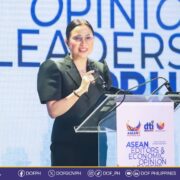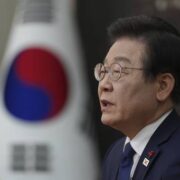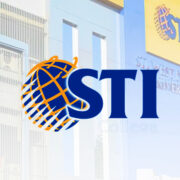Germany eases entry for jobseekers from non-EU states
Germany has made it easier for skilled workers and professionals from the non-European Union countries to live and work there.
The German government has amended labor laws to ease the requirements for foreign skilled workers seeking employment in the largest economy in Europe, which is suffering from a labor shortage.
On Wednesday, the German Embassy in Manila said the phased implementation of the Skilled Migration Act began in November, allowing new channels for the entry of skilled workers from non-EU countries, such as the Philippines.
“We will foster cooperation on the migration of skilled workers to Germany in technical professions,” German Ambassador Andreas Pfaffernoschke said in a statement.
The embassy said the new legislation, which was passed in March 2020, broadens opportunities for individuals seeking entry into Germany and the European Union through the recognition of their foreign professional qualifications.
Inclusive immigration
The policy changes mark a pivotal moment in the European country’s commitment to fostering inclusive immigration and strengthening ties with skilled workers from around the globe, it added.
Immigration possibilities for those with higher education qualifications had been broadened through the EU Blue Card.
The EU Blue Card features expanded eligibility, an extended list of qualified professions and facilitated family reunification.Specifically, the embassy said IT specialists can secure the EU Blue Card based on professional experience alone, without a formal qualification.
It added that the new law ensures that skilled workers with professional or academic training are entitled to a residence permit, provided all requirements are met.
Those who have completed professional qualifications or higher education can engage in any qualified employment within the nonregulated sector, and the connection between training and employment is no longer mandatory, according the embassy.
The employment process for drivers has also been streamlined, it noted.Recognition
But while administrative procedures, such as online applications are available, individuals aspiring to practice regulated professions in Germany, such as nurses, doctors and lawyers, must still undergo the recognition process.
Even in nonregulated professions, the embassy said, recognition comes with many advantages and benefits for long-term professional integration and a promising future in Germany.New provisions for the EU Blue Card visa that facilitate work migration, especially for highly qualified workers in MINT (mathematics, information technology, natural sciences and technology) professions and medical doctors, are also part of the changes. —Alden M. Monzon INQ















